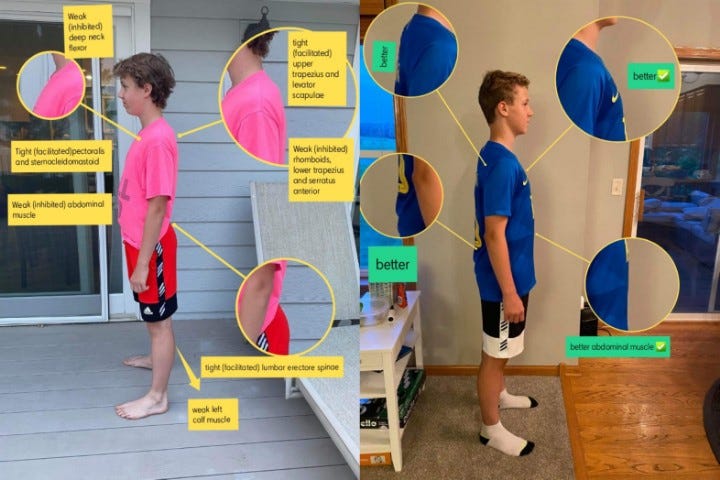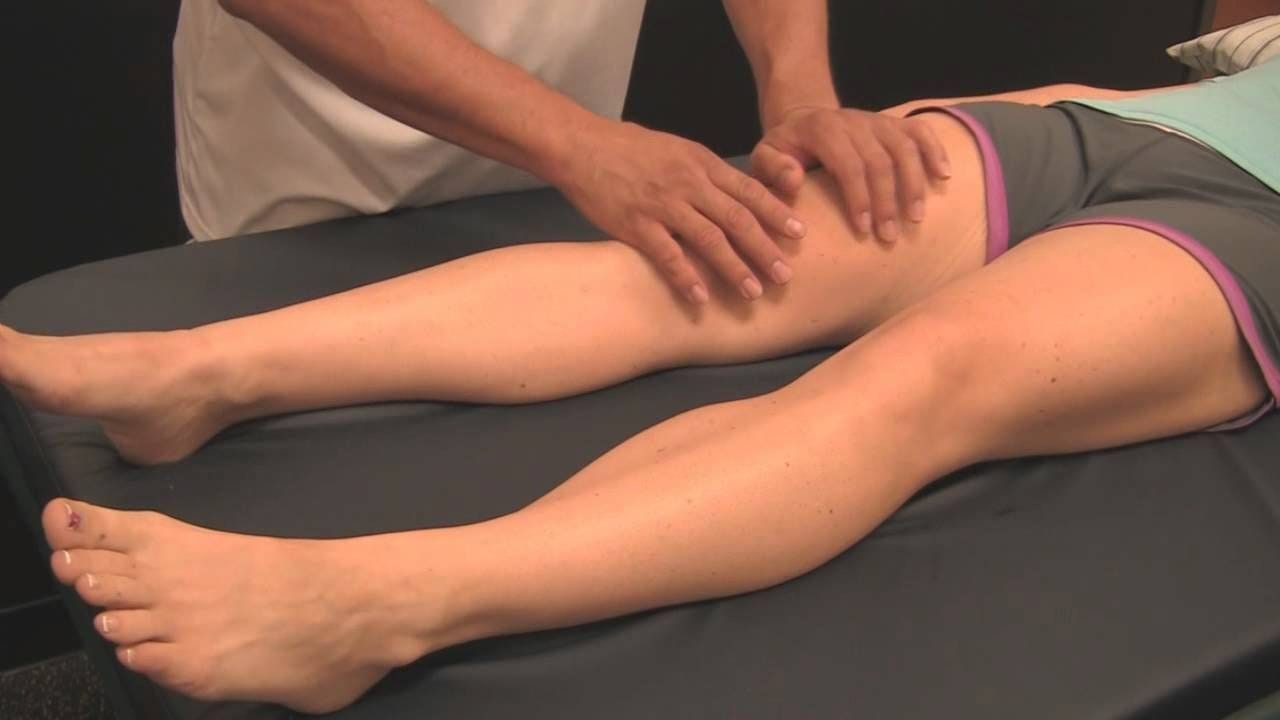Imbalances Tight side rule (4) - Recovering from surgery (5) - Surgery a 10 year shelf life (6)
10 Days (Day 2) of truth regarding the health and fitness industry
When I look around the gym I usually observe patrons conducting bi-lateral lifts, now my question to them is do you vary it, from one 12-week block to the next, I’m of course assuming you have a training plan and you don’t just jump from one program to the next. (95% of users follow these protocols) So for you to be in the minority, I would have expected you to have some form of specialised training and not follow, youtube or Instagram workouts
Imbalances tight side rule:
When you have discomfort around a particular muscle/joint you have an imbalance. This is where the dominant side becomes stronger than the weak side, so what should you do, I can tell you from experience if you don’t change your training routine, pain and injury will follow.
So what should you do?
Start by releasing tension around the specific area, this can be done with a theragun, trigger point massage roller, acupressure massage, sports massage, dry needling, and static stretching to mention a few.
Start lifting Uni-laterally by starting on the weak side, either increasing the reps on the non-dominant side or doing half the reps on the dominant side. When the imbalance starts to get better, then go back to bilateral lifts.
Search for a physical preparation coach who understands these principles.
Recovering from Surgery:
I have witnessed so many people who are struggling post-surgery, they feel left alone, and isolated and generally they suffer from bouts of anxiety and depression. So who do they turn to when they are facing perhaps 6 months to the 1-year recovery phase? Please bare in mind, if your healthcare is free (NHS) be prepared to wait for physio, and therapist treatments, sometimes you will only receive once-a-week treatments and then you either become addicted to pain killers, because its the easy way out, or you end up being out of pocket anyway, as you pay extra for your recovery out of your pocket.
So what should you do?
Look into your surgeon's track record, how many same surgeries has he conducted, and what is his success rate, even better if you can have a patient referral or better still a surgeon referral from a patient.
If the surgeon doesn’t mention, massaging the scar tissue, perhaps use Iodine to make the scar disappear provided you are using it daily
Set you up in a post-trauma group, to help you deal with the psychological impact of surgery.
Surgery has a 10-year shelf life:
I don’t care who your surgeon is, if he utters these words don’t worry we will make you stronger, that's the ego of the white coat brigade. I don’t know anyone who has come back stronger from surgery, myself included. When I broke my leg in 1988, it took me 8 months to fully recover, but I did lose a lot of speed, but that was down to me following the dominant trends in the industry and not considering S.O.M, but that's for the future to discuss.
So what should you do?
Ask for a second or 3rd opinion, surgery will only last 10 years before the opposite limb has problems.
Don’t just rehab one side, focus on some rehab on the opposite side with less volume, but don’t ignore it, I bet you know of a few people who have had, double hip, knee, or shoulder surgeries, its the body playing protective ping pong, they body will never work against you when you are healing.
Slow controlled movements will build strength, and long-duration holds on specific joints will relieve tension, release the tension on the tight side and strengthen the weak side.
Remember the above material are only for reference, based on my experience this is what i find works best for clients i have been involved with. You might find something better, i am truly happy with that if you heal.
Click on these short 2 min clips
Imbalances tight side rule (4)
Surgery a 10 year shelf life (6)
Conclusion: You can only strengthen in the range you have, so if you have a restricted movement around a specific joint the imbalance will magnify until you correct it, or surgery will most likely occur. The psychological impact of surgery, is far greater than the surgery itself!




